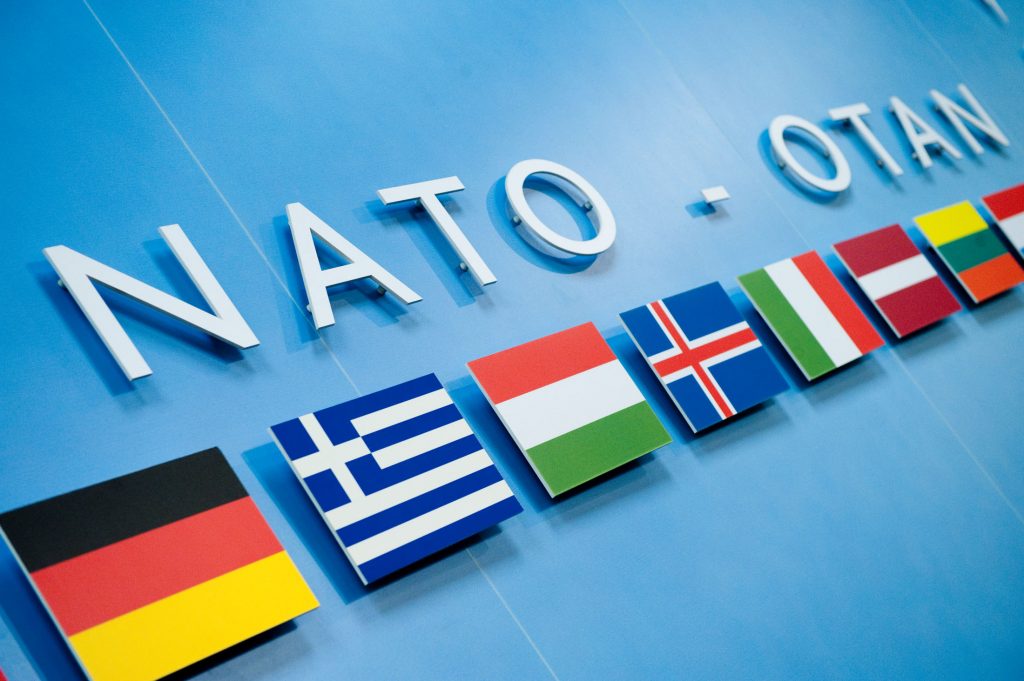
From George F. Will, the Washington Post: America’s intervention in Libya’s civil war, the most protracted and least surreptitious assassination attempt in history, was supposed to last “days, not weeks,” but is in its fourth month and has revealed NATO to be an increasingly fictitious military organization. Although this war has no discernible connection with U.S. national security, it serves the national interest, in three ways. It is awakening some legislators to their responsibilities. It is refuting the pretense that the United Nations sets meaningful parameters to wars it authorizes — or endorses, which is quite different. And it is igniting a reassessment of NATO, a Potemkin alliance whose primary use these days is perverse: It provides a patina of multilateralism to U.S. military interventions on which Europe is essentially a free rider. . . .
America’s Libyan involvement began because Moammar Gaddafi threatened to do to Benghazi what Bashar al-Assad’s tanks and helicopter gunships are doing to various Syrian cities. When, in March, Obama said “building this international coalition has been so important,” he meant merely that a minority of the members of a 62-year-old alliance would seriously participate. Eight of NATO’s 28 members are attacking Gaddafi’s ground forces. . . .
Last month, this column noted that NATO was created in 1949 to protect Western Europe from the Soviet army; it could long ago have unfurled the “Mission Accomplished” banner; it has now become an instrument of mischief, and when the Libyan misadventure is finished, America should debate whether NATO also should be finished. Defense Secretary Robert Gates had another purpose — NATO’s revival — but he recently fueled that debate when, in Brussels, he predicted “a dim, if not dismal future” for the military alliance unless its members reinvest in their militaries.
Since Sept. 11, 2001, U.S. military spending has more than doubled, but that of NATO’s 27 other members has declined 15 percent. U.S. military spending is three times larger than the combined spending of those other members. Hence Gates warned that “there will be dwindling appetite and patience in” America for expending “increasingly precious funds on behalf of nations that are apparently unwilling to devote the necessary resources or make the necessary changes to be serious and capable partners in their own defense.” (photo: NATO)
Image: NATO%203%2010%2011.jpg
